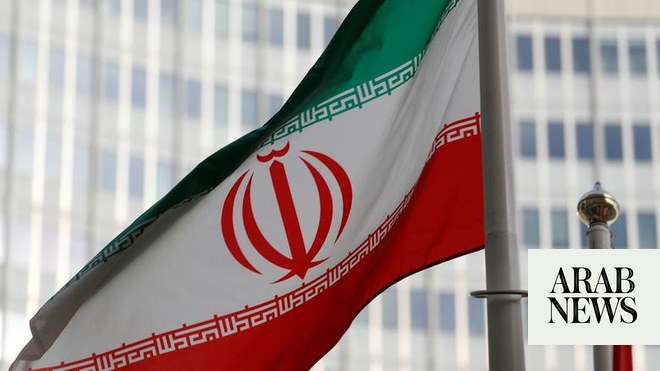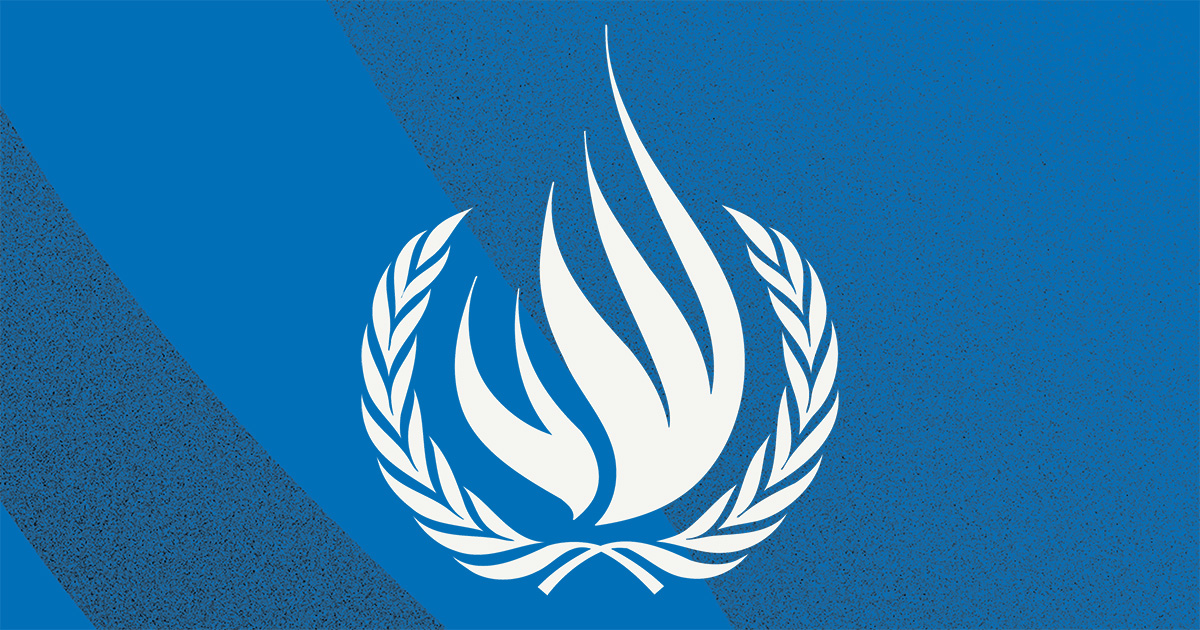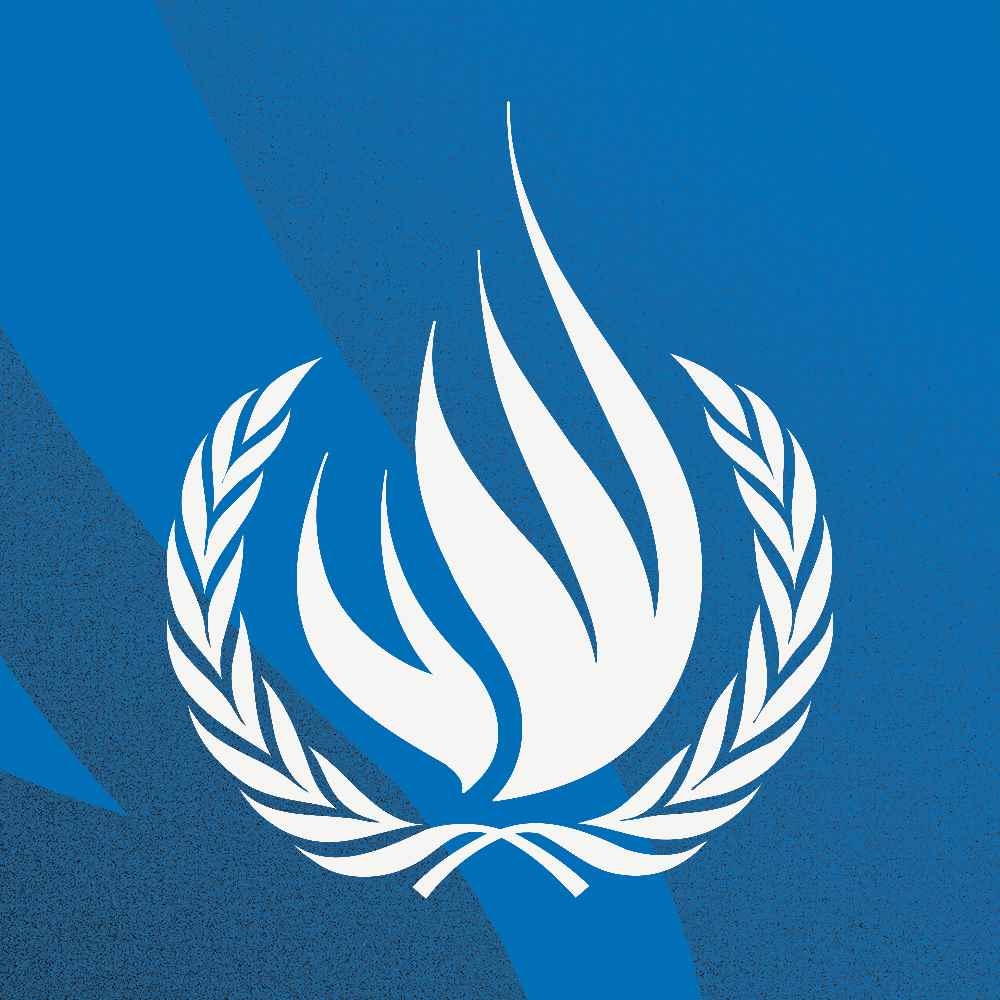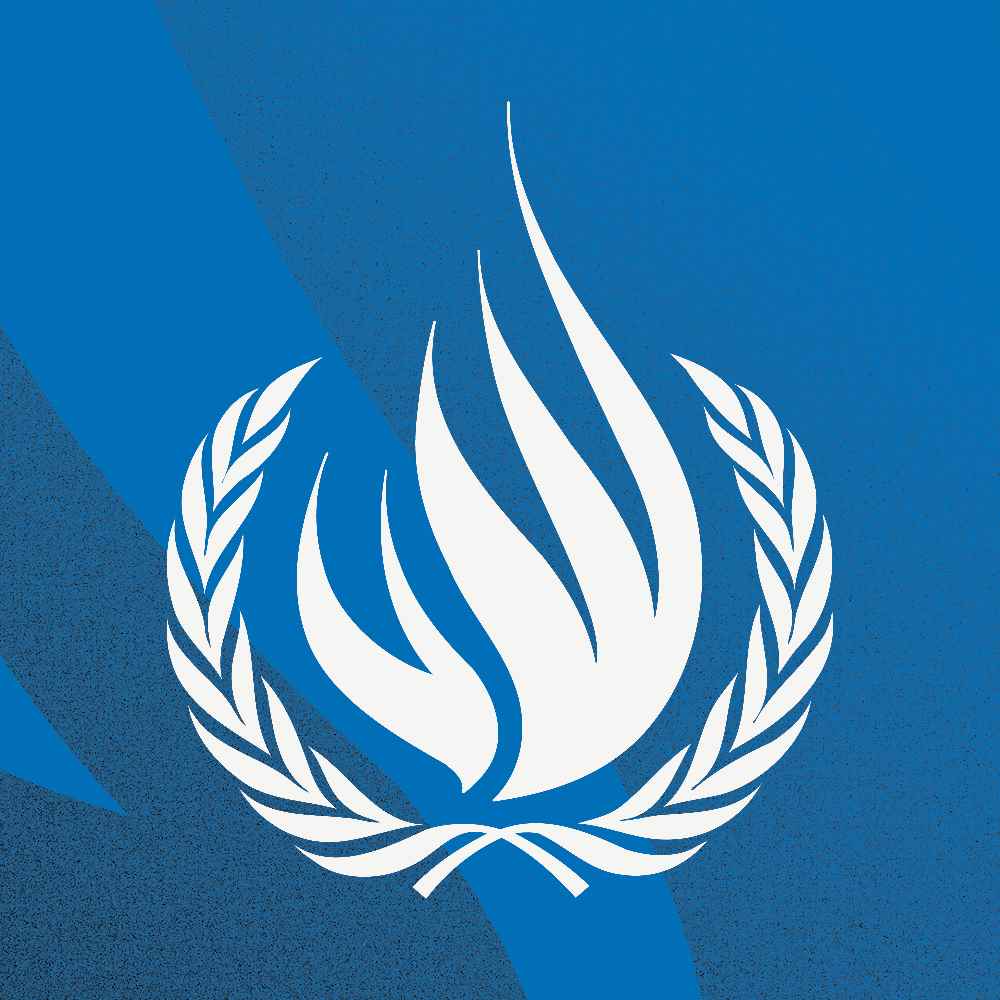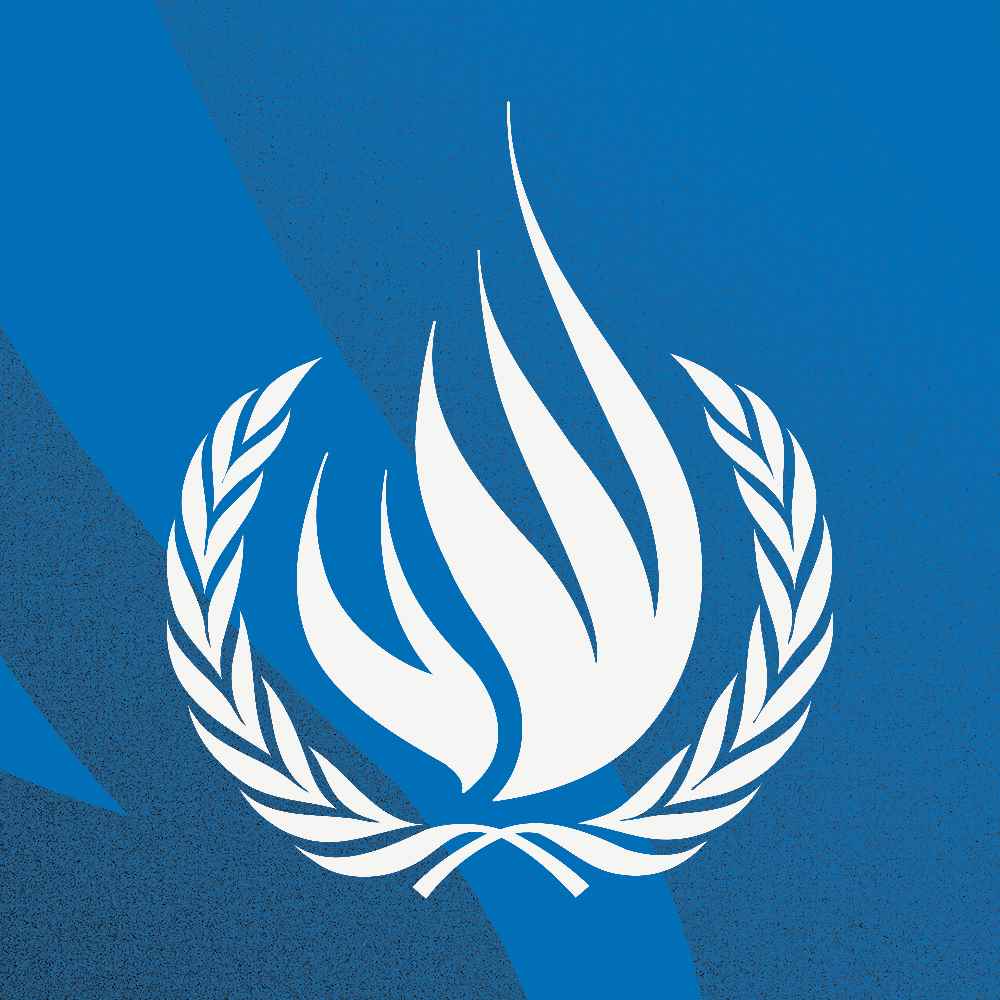
GENEVA (9 May 2023) – UN experts* today strongly condemned several recent executions, including Mr. Habib Chaab, a Swedish-Iranian national from the Ahwazi Arab minority, Mr. Yousef Mehrdad and Mr. Sadrollah Fazeli Zare, and warned that executions following flawed trials were tantamount to arbitrary deprivation of life under international law.
“Trials of some of these persons were marred by violations of due process guarantees in proceedings that fell short of international fair trial standards,” the experts said. “Any death sentence undertaken in contravention of a government’s international obligations is unlawful and tantamount to an arbitrary execution.”
Mr. Habib Chaab was detained since October 2020 after he was kidnapped in Turkey and transferred to the Islamic Republic of Iran, under circumstances that might amount to enforced disappearance. On Saturday 5 May 2023, he was executed after the Islamic Revolution Court in Tehran found him guilty of “corruption on earth”, a capital offence under Iran’s strict interpretation of Islamic law. In March 2023, the Supreme Court upheld his conviction and death sentence.
“It is deeply worrying that despite repeated appeals by human rights mechanisms and the international community, the Government carried out the execution of Mr. Habib Chaab,” the UN experts said.
They also raised concerns that on Monday, 8 May 2023, Mr. Yousef Mehrdad and Mr. Sadrollah Fazeli Zare were executed for crimes including blasphemy, insulting Islam and the prophet, and promoting atheism following grossly unfair trials. Mehrdad and Zare had been under arrest since May 2020.
“Expression – including criticism of religious leaders or commentary on religious doctrine and tenets of faith, that do not constitute advocacy of hatred or incitement to discrimination, hostility or violence – should never be criminalised, let alone result in state sanctioned executions,” the experts said. “Prohibitions of displays of lack of respect for a religion or other belief system, including blasphemy laws, are incompatible with the International Covenant on Civil and Political Rights,” they added.
They urged Iran to establish a moratorium on executions with a view to abolishing the death penalty.
The UN experts recalled that under international law, the death penalty can only be imposed and enforced for offences that meet the threshold of “most serious crimes”, and following a legal process that establishes all possible safeguards to ensure a fair trial. Exercising one’s rights to freedoms of thought, expression and assembly can never be classified as such.
“In Iran, authorities use the death penalty and execution as a tool of political repression against protesters, dissidents and minorities,” the experts said. “We urge Iranian authorities to amend the Constitution and the penal code to prohibit executions and commute all death sentences,” they said.
ENDS
*The experts: Javaid Rehman, Special Rapporteur on the situation of human rights in the Islamic Republic of Iran; Priya Gopalan (Chair-Rapporteur), Matthew Gillett (Vice-Chair on Communications), Ganna Yudkivska (Vice-Chair on Follow-Up), Miriam Estrada-Castillo, and Mumba Malila, Working Group on arbitrary detention; Aua Baldé (Chair-Rapporteur), Gabriella Citroni (Vice-Chair), Angkhana Neelapaijit, Grażyna Baranowska, Ana Lorena Delgadillo Perez, Working Group on enforced or involuntary disappearances; Nazila Ghanea, Special Rapporteur on freedom of religion or belief; Margaret Satterthwaite, Special Rapporteur on the independence of judges and lawyers; Fernand De Varennes, Special Rapporteur on minority issues; Morris Tidball-Binz, Special Rapporteur on extrajudicial, summary or arbitrary executions; Alice Jill Edwards, Special Rapporteur on torture and other cruel, inhuman or degrading treatment or punishment and Irene Khan, Special Rapporteur on freedom of opinion and expression
The Special Rapporteurs and Working Groups are part of what is known as the Special Procedures of the Human Rights Council. Special Procedures, the largest body of independent experts in the UN Human Rights system, is the general name of the Council"s independent fact-finding and monitoring mechanisms that address either specific country situations or thematic issues in all parts of the world. Special Procedures" experts work on a voluntary basis; they are not UN staff and do not receive a salary for their work. They are independent from any government or organization and serve in their individual capacity.
UN Human Rights, Country Page — Iran
For media inquiries related to other UN independent experts, please contact Maya Derouaz (maya.derouaz@un.org) or Dharisha Indraguptha (dharisha.indraguptha@un.org)
Follow news related to the UN"s independent human rights experts on Twitter @UN_SPExperts
Concerned about the world we live in?
Then STAND UP for someone’s rights today.
#Standup4humanrights
and visit the web page at http://www.standup4humanrights.org




